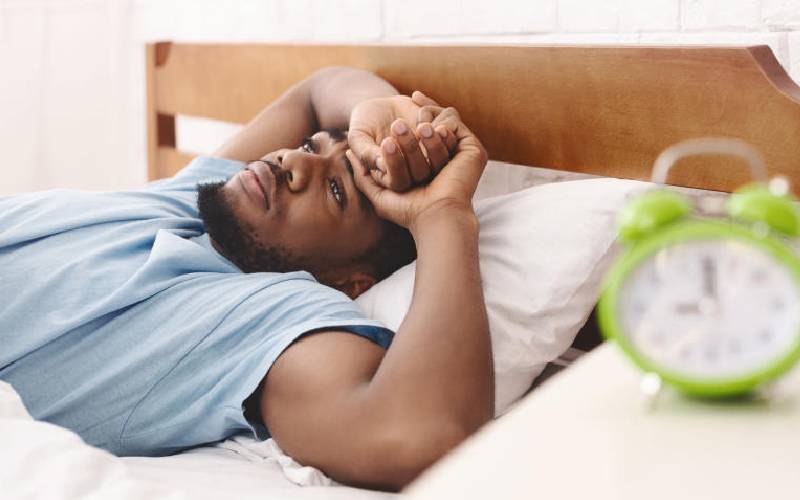×
The Standard e-Paper
Join Thousands Daily

Daily sleeping pills are also to be avoided as they cause drowsiness. [Courtesy]
Sleep disorders mostly caused by family stress, financial frustrations, social disillusionment and the vagaries of Covid pandemic could cause or have implications on underlying health conditions.






